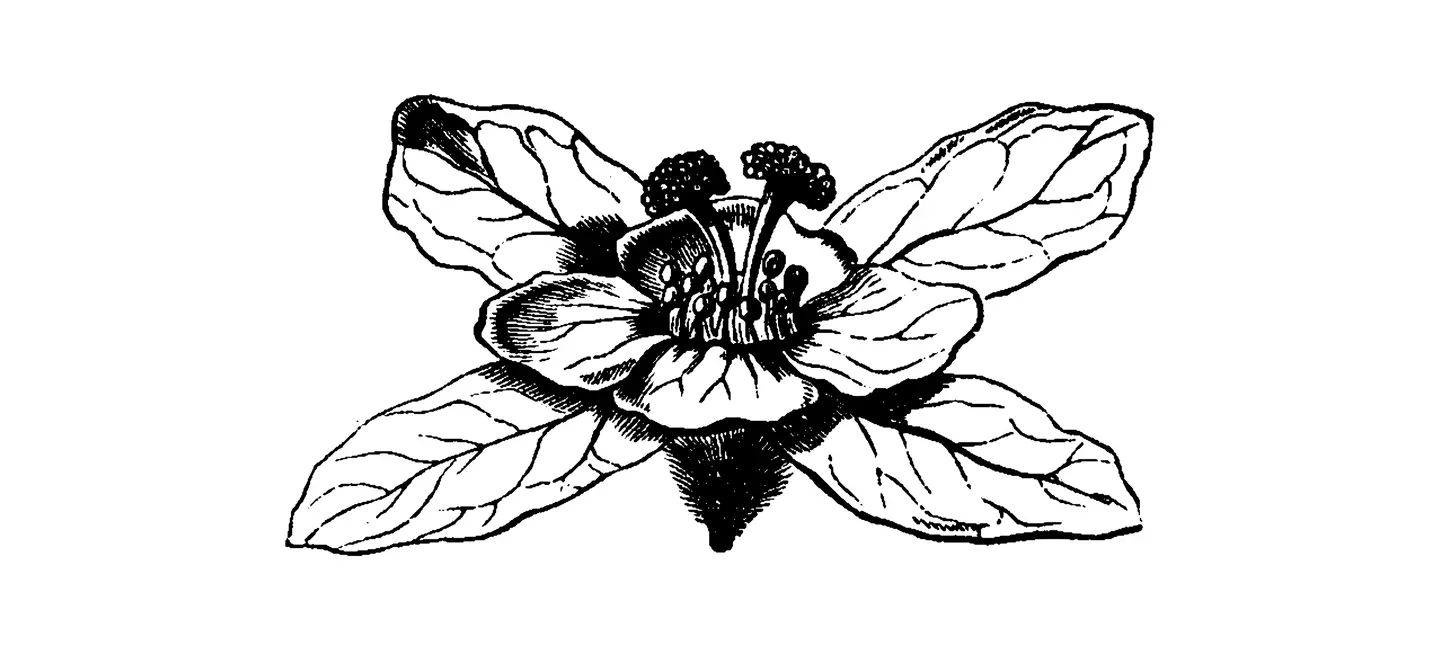
Kousso is a plant. The leaves, fruit, and flowers are used to make medicine.
Despite safety concerns, people take kousso for diabetes, cancer, and to get rid of tapeworms, but there is no good scientific evidence to support these uses.
Is It Effective?
NatMed Pro rates effectiveness based on scientific evidence according to the following scale: Effective, Likely Effective, Possibly Effective, Possibly Ineffective, Likely Ineffective, Ineffective, and Insufficient Evidence to Rate.
- Cancer.
- Diabetes.
- Tapeworm.
- Nausea.
- Wounds.
- Nausea.
- Other conditions.
More evidence is needed to rate the effectiveness of kousso for these uses.
Is it Safe?
Kousso contains chemicals that might lower blood sugar. It also contains chemicals that kill tapeworms and can be poisonous.
When taken by mouth: Kousso is POSSIBLY UNSAFE. It can cause irritation of the stomach and intestines, diarrhea, nausea, fainting, and vision disorders.
Special Precautions & Warnings:
While taking kousso isn't safe for anyone, some people should be especially careful to avoid it.
Pregnancy and breast-feeding: It's UNSAFE to take kousso if you are pregnant. In addition to serious side effects for the mother, it might cause a miscarriage. It's also UNSAFE to take kousso if you are breast-feeding.
Stomach or intestinal problems: Kousso can irritate the stomach and intestines. Don't use it if you have a digestive tract condition.
Medications for diabetes (Antidiabetes drugs)
Interaction Rating=Moderate Be cautious with this combination.
Kousso might decrease blood sugar. Diabetes medications are also used to lower blood sugar. Taking kousso along with diabetes medications might cause your blood sugar to go too low. Monitor your blood sugar closely. The dose of your diabetes medication might need to be changed.
Some medications used for diabetes include glimepiride (Amaryl), glyburide (DiaBeta, Glynase PresTab, Micronase), insulin, metformin (Glucophage), pioglitazone (Actos), rosiglitazone (Avandia), and others.
Herbs and supplements that might lower blood sugar: Kousso might lower blood sugar. Using kousso along with other herbs and supplements that might lower blood sugar might lower blood sugar too much. Herbs that might lower blood sugar include devil's claw, fenugreek, guar gum, Panax ginseng, Siberian ginseng, and others.
There are no known interactions with foods.
The appropriate dose of kousso depends on several factors such as the user's age, health, and several other conditions. At this time there is not enough scientific information to determine an appropriate range of doses for kousso. Keep in mind that natural products are not always necessarily safe and dosages can be important. Be sure to follow relevant directions on product labels and consult your pharmacist or physician or other healthcare professional before using.
Agenia Abyssinica, Banksia abyssinica, Brayera anthelmintica, Cossoo, Hagenia, Hagenia abyssinica, Kooso, Kosso.
Information on this website is for informational use only and is not intended to replace professional medical advice, diagnosis, or treatment. While evidence-based, it is not guaranteed to be error-free and is not intended to meet any particular user’s needs or requirements or to cover all possible uses, safety concerns, interactions, outcomes, or adverse effects. Always check with your doctor or other medical professional before making healthcare decisions (including taking any medication) and do not delay or disregard seeking medical advice or treatment based on any information displayed on this website.
© TRC Healthcare 2024. All rights reserved. Use and/or distribution is permitted only pursuant to a valid license or other permission from TRC Healthcare.
